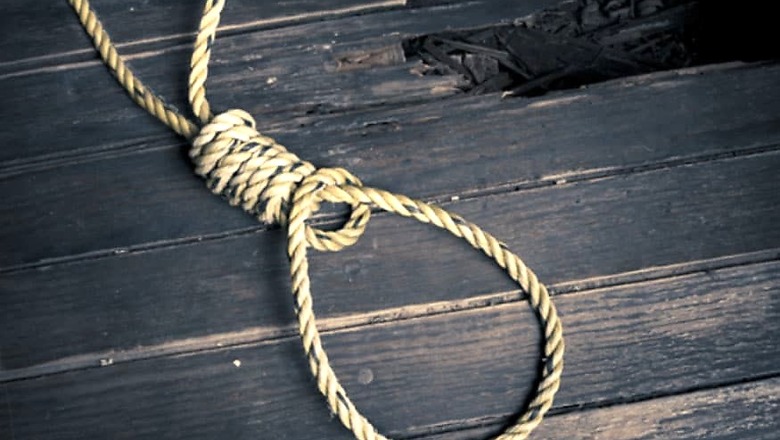
views
New Delhi: As the Criminal Law (Amendment) Ordinance, 2018 for death sentence to child rapists’ attempts to allay an atmosphere of fear after Unnao and Kathua rape horrors, the Jammu & Kashmir State Human Rights Commission’s Chairman told News18 that “he was not sure how the ordinance would help” and that “there should have been more thought put behind the ordinance”.
Justice Bilal Nazki, chairman of the J&K Human Rights Commission, said that his “experience as a judge showed more stringent the punishment is, stricter is the degree of proof.”
“I am not sure if this ordinance is going to help. My experience as a judge is the more stringent punishment is, the higher the degree of proof becomes. If the judge thinks that he has to order someone’s execution, there cannot be an iota of doubt. Whenever you enhance the punishment, the conviction rate goes down,” said Justice Nazki.
According to the ordinance, minimum punishment in case of rape of women has been increased from rigorous imprisonment of 7 years to 10 years, extendable to life imprisonment; in case of rape of a girl under 16 years, minimum punishment has been increased from 10 years to 20 years, extendable to imprisonment till the end of convict’s natural life.
Death penalty is also prescribed for persons involved in gang rape of a girl less than 12 years of age.
Justice Nazki has also questioned the distinction made between the ages of girls for the purposes of punishment.
“How can you differentiate between a female on the basis of age when the crime is same? If the victim is 12 years, you go to the gallows and if she’s 13, you do not go to gallows. They are women after all, it should be the same for everyone, from 12 to 80 years,” said the former Chief Justice of Orissa High Court.
Justice Nazki, who was also the Chairman of the Bihar Human Rights Commission, told News18 that the ordinance was “more reactionary” in measure and that it did not have a proper committee of experts looking into it.
“Obviously it was a reactionary measure. Last time we had Nirbhaya, then too the government attempted this but constituted a committee under Justice Verma. Even then, they were hurried for a report within a month. Now, this measure has been without consultation. Judges go by fact and law,” he said.
Justice Nazki, who has also served as the Judge in the High Courts of Jammu & Kashmir, Andhra Pradesh and Bombay, told News18 that an absence of sentencing policy in the country was also a problem that must be looked into.
“We don’t have a sentencing policy in the country. Like what should be a quantum of sentence in a particular offence and why it should be so? There is world over trend against capital punishment and I don’t believe in it. Then why are these rapes taking place? I don’t find any study on the root causes,” said Justice Nazki.
According to the ordinance, for speedy investigation and trial, the government has suggested a time limit for investigation of all cases of rape — which has to be mandatorily completed within two months. Time limit for completion of trial has also been prescribed, with cases having to necessarily be completed in two months and disposal of appeals in rape cases being set at six months.
Even restrictions on bail have been imposed. The ordinance has been prescribed that there will be no provision of anticipatory bail for a person accused of rape or gang rape of a girl under 16 years. It has also been provided that court has to give notice of 15 days to Public Prosecutor and the representative of the victim before deciding bail applications in case of rape of a girl under 16 years of age.
However, former Delhi High Court judge, Justice AP Shah too was strongly critical of the new ordinance and stated that “death penalty will divert the attention from other areas that need more focus and reform like crime investigation and prevention of crime”.
“According to the NCRB data of 2016, 94% of the time perpetrators of child sexual abuse are known to the victim and this causes the child to be pressurized into turning hostile. This pressure is likely to be increased in case of death penalty as punishment,” said Justice Shah.
Vrinda Grover, Women and Child rights lawyer, also questioned how the ordinance made a distinction between a girl and a boy child. “While POCSO Act deals with all children, the new ordinance has enhanced penalty for perpetrators only in cases where victims are girl children. Why is this distinction being made? Are we saying that as a society we are more aggrieved when the victim is a girl child and not so aggrieved for a boy child?" said Grover.















Comments
0 comment